Stay Healthy in Your 50s: 4 Key Medical Checkups Every Woman Should Have!

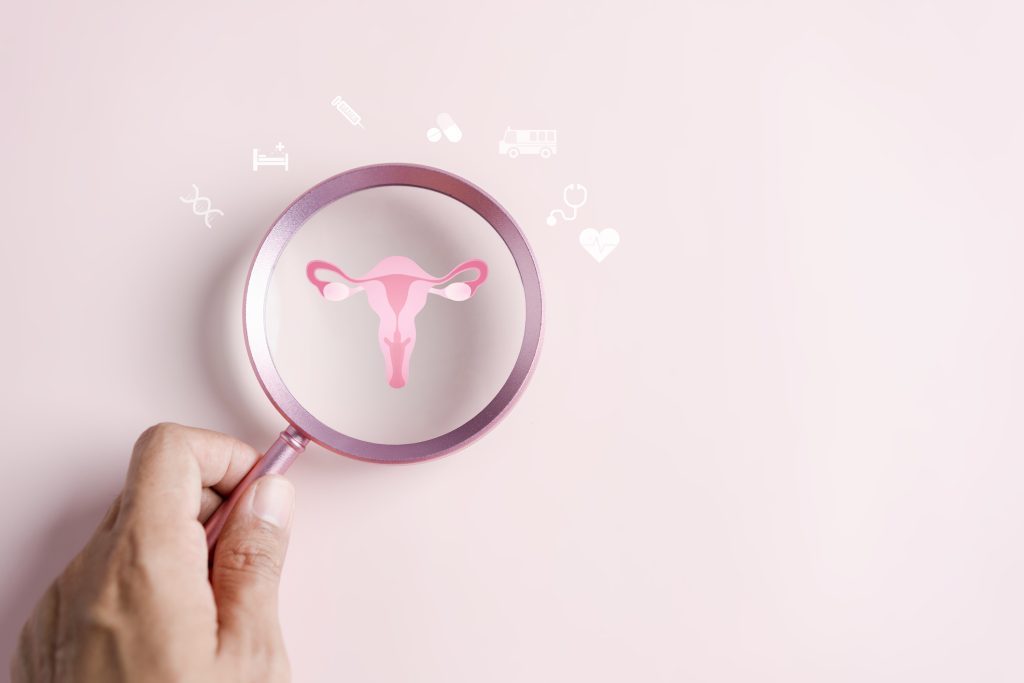
As we journey through life, our health needs change along the way. Reaching the milestone of 50 makes it more important than ever for women to focus on their well-being. This is the ideal time to schedule a full check-up, emphasizing prevention to catch any issues early and promote long-term wellness. Below are four critical screenings that every woman should prioritize at this significant stage of life:
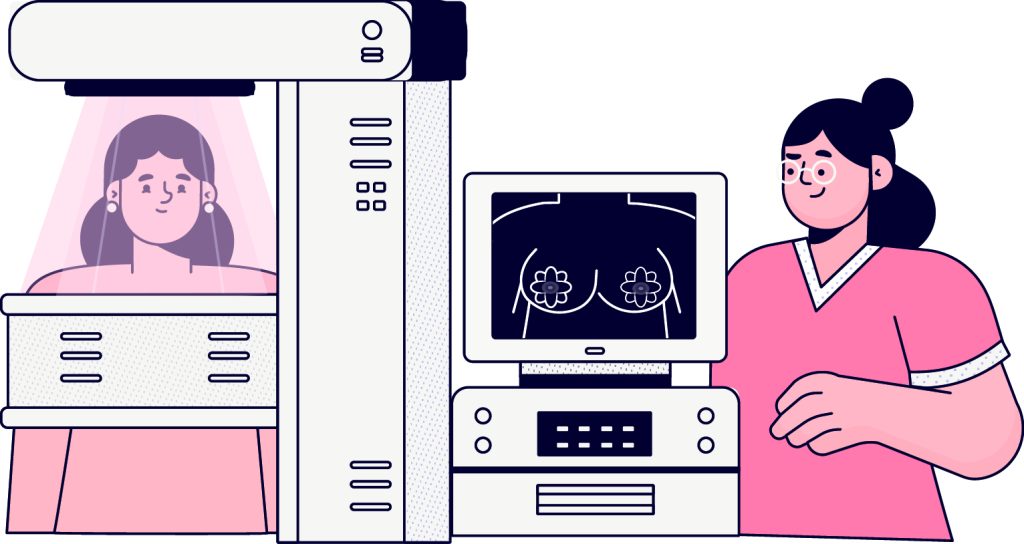
Breast Examination
Dr. Daisuke Tachikawa recommends regular self-examinations to become familiar with the normal look and feel of your breasts. Many patients discover lumps on their own before being diagnosed with breast cancer. Early detection and treatment can help return to a normal life more quickly. In addition to self-exams, it is crucial to have professional screenings like mammograms, needle biopsies, and MRIs. The American Cancer Society suggests that women aged 45-54 undergo annual mammograms, while those 55 and older can switch to every two years, or continue yearly, depending on personal preferences and health history.
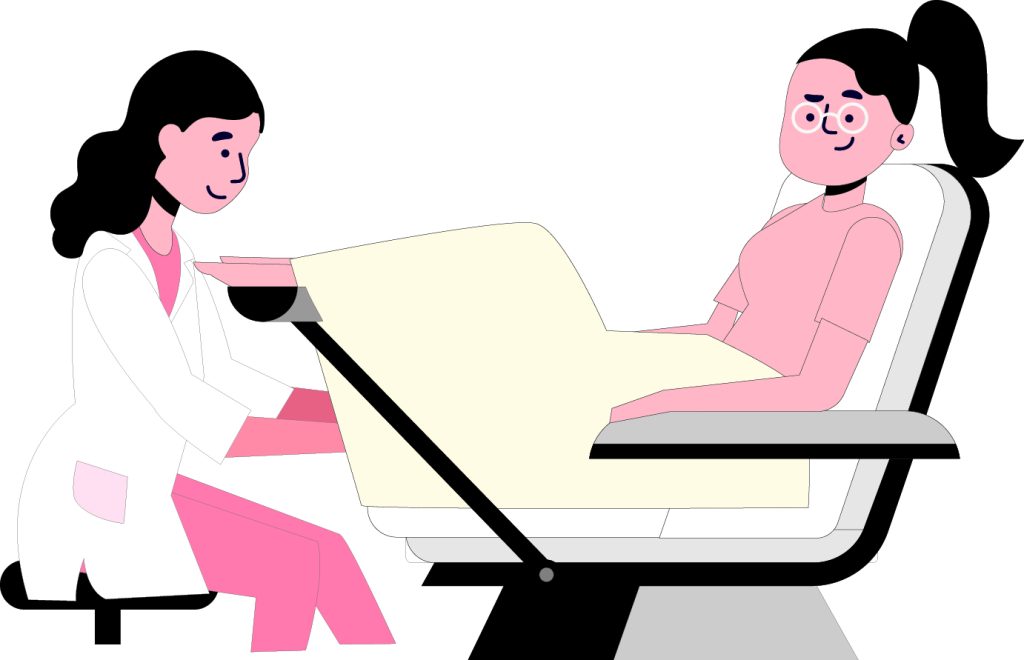
Pap Smear
A pap smear is a quick, nearly painless procedure that helps prevent cervical cancer. During the test, a doctor or nurse inserts a speculum into the vagina and uses a brush to gently scrape cells from the cervix, which are then sent to a lab for analysis. All sexually active women should get a pap smear annually from the age of 30 until 65. Even with normal results, regular follow-ups are recommended to detect any abnormalities in time.
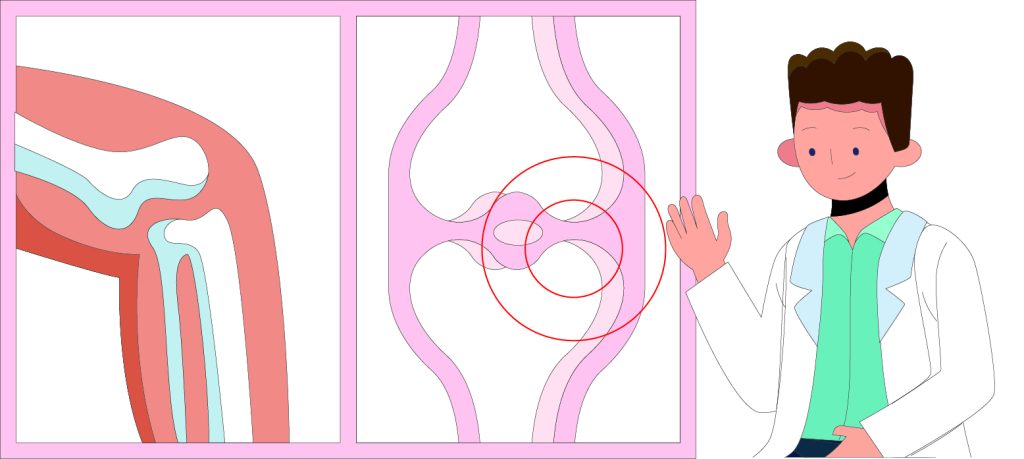
Osteoporosis Screening
After age 35, bones start breaking down faster than the body can rebuild them, leading to gradual bone loss. This becomes especially pronounced after menopause, as estrogen levels drop, disrupting the balance between bone breakdown and regeneration, and increasing the risk of fractures. Regular bone density tests can help monitor bone loss. If your results show low bone density, incorporating calcium- and vitamin D-rich foods into your diet can support good bone health.
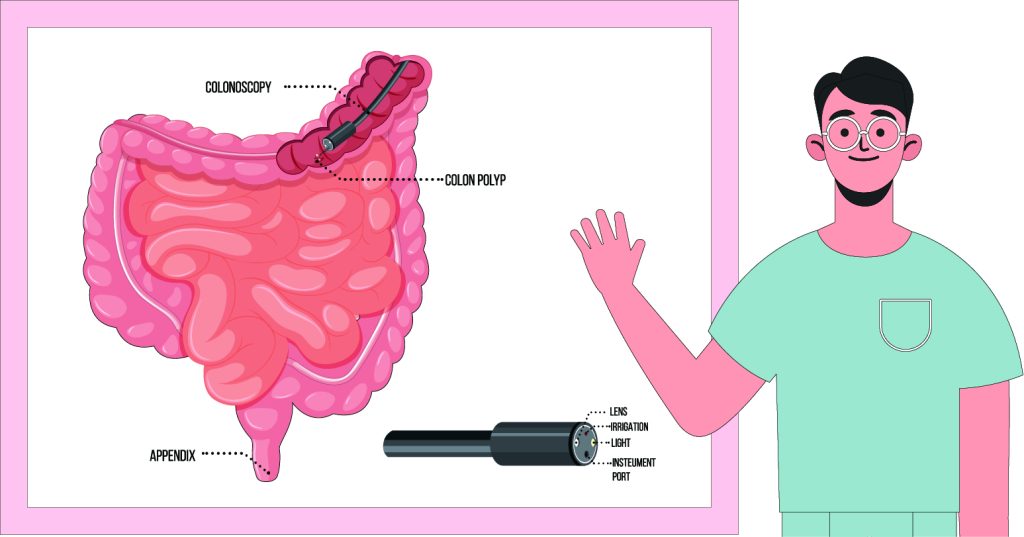
Colorectal Cancer Screening
Regardless of symptoms, everyone over 50 is advised to undergo colorectal cancer screening. Colon and rectal cancers often show no signs in their early stages, making early detection substantially crucial. A colonoscopy is the first step in identifying these cancers, offering a more accurate and direct look at the colon than a fecal occult blood test. If polyps are found, they can be removed or biopsied during the procedure.

Reaching your 50s is an empowering time to take control of your health. Don’t wait for symptoms to appear, be proactive and schedule your health screenings today. Discuss the best options with your doctor. In addition to these essential medical checkups, you may also consider adding fucoidan supplements to your wellness plan. Extracted from brown seaweed, fucoidan is a natural ingredient that has been shown to support the immune system and overall health. While supplements should never replace a balanced diet or prescribed treatments, they can complement a healthy lifestyle and offer extra support as you navigate this stage of life. Take action now and set yourself on a path to better health!
